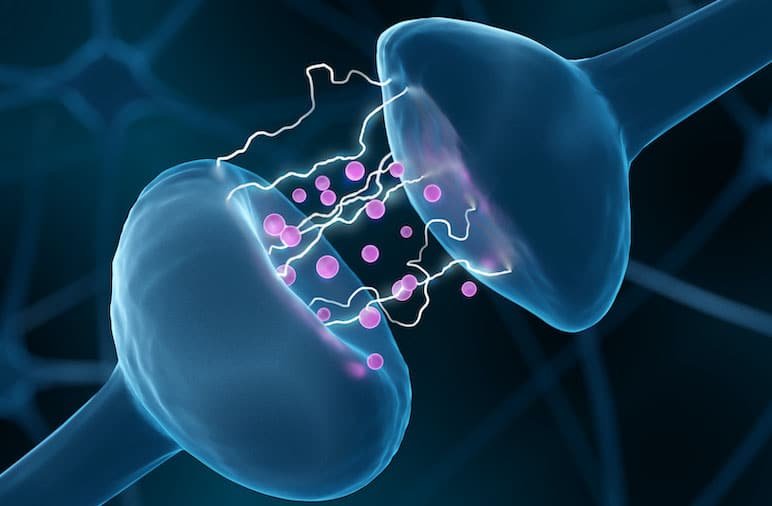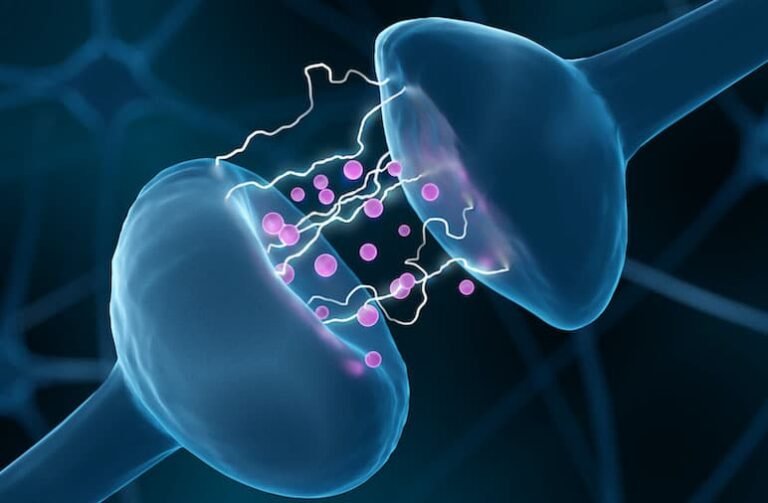how the brain works in mental health

Mental health is your ability to handle or cope with stress and enjoy daily life..

diagnosed with a mental health problem, also known as a psychiatric disorder. This Article will help you understand how the brain works in mental health and how problems can cause mental illness.
what is Mental health ?
Mental health is your ability to handle or cope with stress and enjoy daily life. It includes the way you feel, think, act, and relate to others. Scientists study how certain brain areas affect mental health. For example, the fear area of the brain, called the amygdala, helps you avoid harmful things and escape danger. In addition, the amygdala works with the prefrontal cortex to control your response to fearful and stressful events. The prefrontal cortex also helps you make decisions, solve problems and recall memories. The anterior cingulate cortex helps you focus on tasks and control emotions. The hippocampus helps make and store new memories.
How brain working ?
Neurons, also known as brain cells, serve as the working units of the brain. Neurons pass messages to each other through electrical impulses. The impulses pass along a part of the neuron called the axon.
Here’s a closer look at how a message passes from one neuron to another. At the end of the axon, the impulse causes the neuron to release chemical messengers called neurotransmitters. These chemical messengers move across a tiny space called a synaptic gap and attach to another neuron. This triggers the neuron to produce its own impulse.
In this way, impulses spread across the brain. Problems with this process may result in brain disorders known as mental illnesses. All the causes of mental illness aren’t known. However, a number of factors may contribute to it. A family history of mental illness can pass from parent to child through genes, severe emotional or stressful life events can impact mental health, or a head or brain injury can contribute to the condition. Other factors may include health problems such as heart disease, problems with other chemicals in the body called hormones, drug abuse and addiction, and an imbalance of chemical messengers in the brain.

chemical messengers in the brain
When there is an imbalance of chemical messengers in the brain, neurons may have trouble passing messages between each other. The most common chemical messenger is glutamate. It increases the chance that an impulse will form in other neurons.
People with mental illnesses such as autism, obsessive-compulsive disorder, schizophrenia, Alzheimer’s disease, and depression may have problems making or using glutamate. Serotonin, another chemical messenger, helps control mood, hunger, and sleep. For example, people with depression often don’t have enough serotonin.
Dopamine helps control movement and is involved with feelings of pleasure and addiction. Low dopamine levels or problems with the brain’s ability to use it may be linked to schizophrenia, attention deficit hyperactivity disorder, or ADHD, and other disorders. An estimated 43.7 million adults in the United States have some type of mental illness.
Tools and advanced technology mental health ?
Modern research tools and advanced technology will allow scientists to better understand the brain and how mental illness occurs. If you have questions about mental health or any medications you have been prescribed, speak with your healthcare professional or doctor. It is important to take your medications as directed by your healthcare professional or doctor. Tell them about any side effects you experience.











